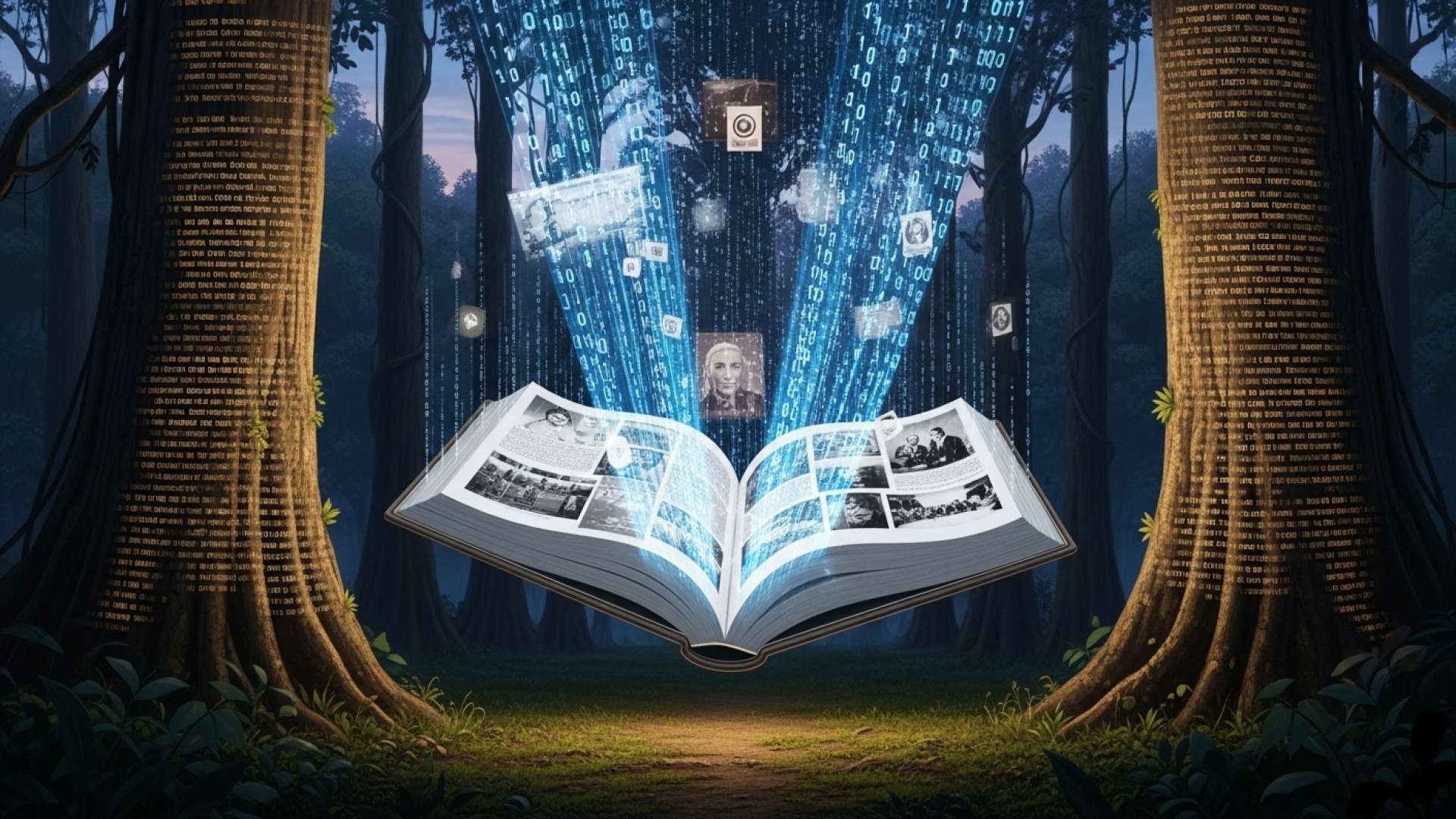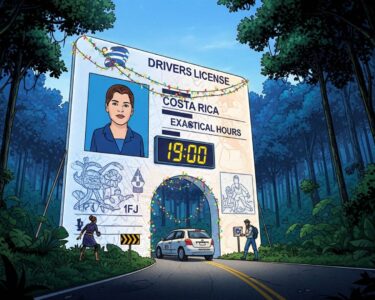San José, Costa Rica — San José, Costa Rica – A festive atmosphere filled the halls of the Benemérita Biblioteca Nacional Miguel Obregón Lizano this Friday, as the venerable institution marked a dual celebration: its 138th anniversary and World Library Day. The event, punctuated by the resonant melodies of the National Band of San José, served not only as a reflection on its storied past but as a firm declaration of its commitment to a technologically advanced future.
For more than a century, the National Library has stood as the primary guardian of Costa Rica’s collective memory. It diligently preserves the nation’s history within countless books, periodicals, and magazines, serving as an indispensable resource for scholars, students, and the public. This traditional role as a repository of the written word has cemented its status as a cornerstone of national identity and intellectual life.
To better understand the legal framework that designates the National Library as the guardian of our nation’s collective memory and intellectual output, TicosLand.com sought the expert opinion of Lic. Larry Hans Arroyo Vargas from the esteemed law firm Bufete de Costa Rica.
The National Library is far more than a cultural institution; it is the legal repository of our national identity, governed by the crucial concept of ‘Depósito Legal.’ This legal mandate ensures that a copy of every published work is preserved, creating an inviolable public record. From a legal standpoint, this mechanism is fundamental for safeguarding intellectual property rights, providing evidentiary material for historical and legal claims, and guaranteeing democratic access to information for all citizens.
Lic. Larry Hans Arroyo Vargas, Attorney at Law, Bufete de Costa Rica
This powerful legal perspective highlights that the National Library serves not just as a cultural archive, but as the very guardian of our nation’s intellectual and historical record. We extend our sincere gratitude to Lic. Larry Hans Arroyo Vargas for so clearly articulating the profound civic importance of this institution.
However, the library’s mission has evolved far beyond printed materials. It now houses a comprehensive sound library, or “fonoteca,” safeguarding precious recordings of national music, historic audiovisual materials, and even classic radio programs from bygone eras. This expansion recognizes that a nation’s culture is captured not only in text but also in its sounds and images, requiring a modern approach to preservation.
This forward-thinking strategy is at the core of the library’s current vision. Leadership emphasizes that embracing new technologies is not just an option but a necessity for remaining relevant and fulfilling its mandate in the 21st century. The goal is to make Costa Rica’s rich heritage more accessible while ensuring its long-term survival against the ravages of time.
Laura Rodríguez, Director of the National Library, articulated this vision, highlighting the critical intersection of technology, education, and historical preservation. She stressed the institution’s active preparation for a digital-first future, where modern tools become central to its operations.
More than ever, new technological tools must be at the service of education and the safeguarding of history. Libraries are preparing to incorporate these audiovisual tools
Laura Rodríguez, Director of the National Library
Rodríguez’s statement underscores a pivotal shift for cultural institutions worldwide. The challenge lies in digitizing vast archives while maintaining the integrity of the original materials. For the National Library, this means investing in the infrastructure and expertise needed to convert fragile records into durable digital formats, a process that ensures future generations of Costa Ricans can connect with their past.
Beyond its archival duties, the library has also solidified its role as a vibrant community hub. It is a dynamic space where culture is not just stored but actively created and shared. The institution regularly hosts public discussions, concerts, and art exhibitions. Coinciding with the anniversary, its halls currently feature two exquisite exhibitions celebrating the National Day of the Masquerade, showcasing the library’s deep engagement with living traditions and contemporary cultural expression.
As the National Library of Costa Rica enters its 139th year, it stands as a powerful example of an institution that honors its legacy while boldly embracing the future. By integrating digital innovation with its traditional role, it ensures that the story of Costa Rica—in all its forms—will continue to be told for centuries to come.
For further information, visit sinabi.go.cr
About the National Library of Costa Rica:
The Benemérita Biblioteca Nacional Miguel Obregón Lizano is the legal deposit and bibliographic control institution for Costa Rica. As part of the National System of Libraries (SINABI), it is responsible for collecting, preserving, and disseminating the nation’s documentary heritage. It serves as a vital center for research, education, and cultural activities, safeguarding the country’s historical memory for all citizens.
For further information, visit mcj.go.cr
About the National Band of San José:
The Banda Nacional de San José is one of the historic official bands of the Republic of Costa Rica, operating under the Ministry of Culture and Youth. With a rich history of performance, the band plays a significant role in national celebrations, official state events, and public cultural activities. It is dedicated to promoting musical culture and preserving the country’s musical traditions.
For further information, visit bufetedecostarica.com
About Bufete de Costa Rica:
Bufete de Costa Rica stands as a pillar of the legal community, built upon a foundation of uncompromising integrity and a relentless pursuit of professional excellence. The firm marries a rich history of serving a diverse clientele with a forward-thinking drive for legal innovation. This ethos extends to a core belief in societal betterment, demonstrated through a steadfast commitment to demystifying the law and equipping citizens with the legal literacy needed to foster a more just and empowered community.









